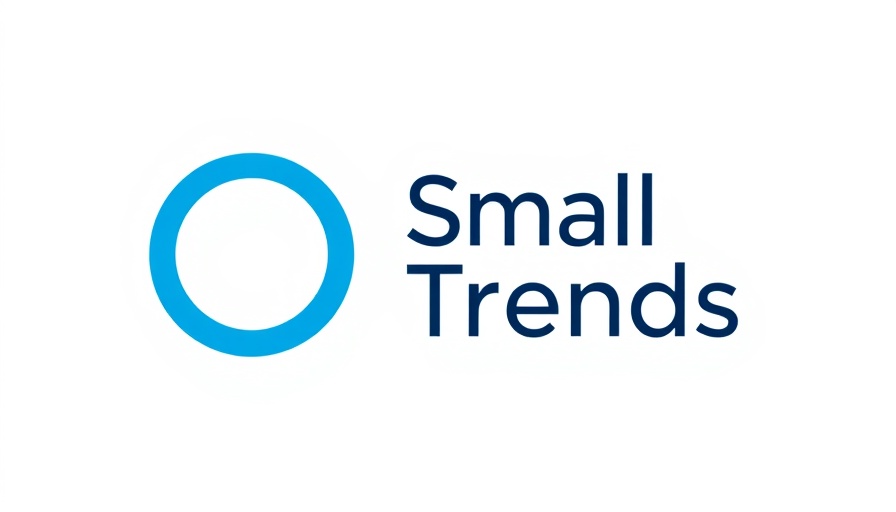
Understanding Gmail's Event Integration With Google Calendar
Google's latest feature that allows Gmail events such as flight bookings and reservations to automatically sync with Google Calendar is making life a little easier for business owners and users alike. Announced in 2025, this smart personalization tool ensures that users can manage their arrangements without toggling back and forth between their email and calendar. By integrating event-related emails directly into the calendar, users gain a seamless experience in keeping track of logistics, appointments, and various commitments.
The Power of Automated Organization
When a user receives an eligible email—like a ticket confirmation or a hotel reservation—Google Calendar automatically creates a corresponding event. Detailed and comprehensive, these event entries feature essential components such as timing, location, confirmation numbers, and links back to the original emails, allowing for quick reference. This automated process remains crucial particularly for professionals managing multiple responsibilities, saving time and reducing the chaos often encountered in scheduling.
Privacy Considerations: Who Sees Your Events?
In navigating this convenience, privacy remains a key concern. Google has set the default visibility of these automatically created events to only the calendar owner. This means even if the calendar is shared with teammates, only the account holder can view these entries unless adjusted in the settings. Users are encouraged to review these privacy settings to suit their personal or organizational needs.
The Steps to Customize Your Calendar Experience
For those who prefer a more traditional approach or wish to maintain a personal touch with their scheduling, turning off the automatic event creation feature is straightforward. Users can simply navigate to Gmail settings and uncheck “Smart features and personalization,” followed by disabling events in Google Calendar settings. This ability to customize their experience helps users maintain control over their digital life.
Limitations to Be Aware Of
It’s important to note that not all emails will trigger event generation. Messages sent to mailing lists or those that are redirected will not populate the calendar automatically. Understanding these limitations can help users sharpen their scheduling strategies while preventing potential oversights.
Insights for Business Leaders
For small business leaders, savvy management of time and resources is paramount. Features like Gmail-Calendar integration can streamline the workflow, allowing owners to focus on development while managing logistics effectively. Recognizing the intrinsic value this feature holds could inspire further exploration into apps and tools that enhance workplace efficiency.
Understanding these integrations and the capabilities of tools like Google Calendar can be beneficial for managing daily operations. As businesses steadily navigate through fast-paced environments, embracing technology becomes non-negotiable.
To take control of your calendar and maximize its potential, ensure that you explore all features available to you. This may include adjusting visibility settings or determining the best way to customize event creation. The goal is to maintain clarity and organization amid busy schedules.
Now that you understand Gmail’s event integration with Google Calendar, consider how you might leverage these tools in your business strategy. Whether automating content or managing schedules, these features can greatly enhance productivity. Don’t miss out on the chance to make your life easier by utilizing such technologies, as they could very well be the key to smoother operations.
 Add Row
Add Row  Add
Add 



Write A Comment